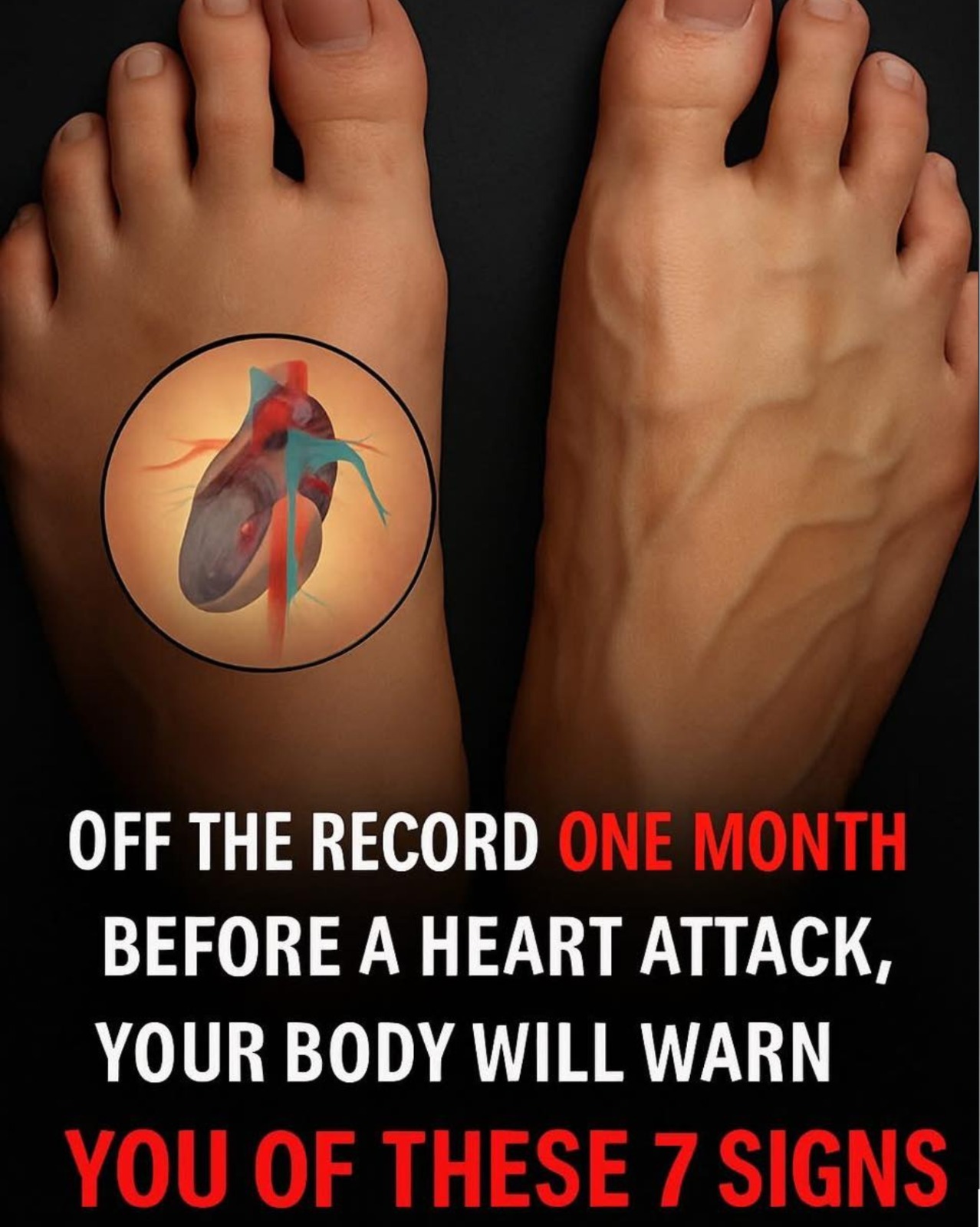- What It Feels Like : Difficulty breathing, even at rest, which may occur with or without chest pain.
- Why It Matters : Reduced blood flow to the heart can affect oxygen delivery throughout the body, leading to breathlessness.
3. Pain Spreading to Other Areas
- What It Feels Like : Pain radiating to the arms (especially the left arm), back, neck, jaw, or stomach.
- Why It Matters : During a heart attack, pain isn’t confined to the chest—it often spreads along nerve pathways connected to the heart.
4. Nausea, Indigestion, or Vomiting
- What It Feels Like : Sudden onset of nausea, indigestion, or vomiting without an obvious cause.
- Why It Matters : These symptoms are more common in women and can be mistaken for less serious conditions like acid reflux.
5. Dizziness or Lightheadedness
- What It Feels Like : Feeling faint, dizzy, or lightheaded, especially during physical activity or stress.
- Why It Matters : A heart attack reduces blood flow to the brain, causing dizziness or loss of consciousness.
6. Cold Sweats or Paleness
- What It Feels Like : Breaking out in a cold sweat or appearing unusually pale, even in mild weather.
- Why It Matters : The body’s stress response triggers sweating as the heart struggles to pump enough blood.
7. Fatigue or Weakness
- What It Feels Like : Unexplained exhaustion or weakness that persists despite rest. Women, in particular, often report extreme fatigue as an early sign of a heart attack.
- Why It Matters : Poor circulation caused by reduced heart function leads to persistent tiredness.
8. Anxiety or Sense of Impending Doom
- What It Feels Like : Sudden feelings of anxiety, panic, or dread with no apparent reason.
- Why It Matters : The body reacts to decreased oxygen supply with a fight-or-flight response, creating sensations similar to a panic attack.
Symptoms That May Be Missed
Some heart attacks present with atypical symptoms, particularly in women, older adults, or individuals with diabetes. Watch for:
- Unusual fatigue during routine activities.
- Stomach discomfort , resembling indigestion or heartburn.
- Back or shoulder pain , which might not seem directly related to the heart.
When to Seek Emergency Help
If you or someone else experiences any combination of the above symptoms, call emergency services immediately. Time is critical during a heart attack—delaying treatment increases damage to the heart muscle.
While waiting for help:
- Sit down and try to stay calm.
- Take aspirin (if prescribed by a doctor) to reduce clotting.
- Loosen tight clothing to ease breathing.
Preventing Heart Attacks
Taking proactive steps now can significantly lower your risk of a heart attack:
- Maintain a Healthy Diet : Focus on fruits, vegetables, whole grains, lean proteins, and healthy fats. Limit processed foods, sugar, and salt.
- Exercise Regularly : Aim for at least 150 minutes of moderate exercise per week to strengthen your cardiovascular system.
- Manage Stress : Practice relaxation techniques like meditation, yoga, or deep breathing exercises.
- Monitor Blood Pressure and Cholesterol : Keep these numbers within healthy ranges through diet, exercise, and medication if necessary.
- Quit Smoking : Tobacco use severely damages arteries and increases heart attack risk.
Final Thoughts
Heart attacks aren’t always dramatic—they can start subtly, with symptoms easily dismissed as something minor. By staying informed and recognizing the warning signs, you empower yourself to act quickly and potentially save a life—including your own. Remember, prevention is key, but knowing what to look for ensures you’re prepared in case of emergency. Listen to your body—and trust your instincts. ❤️✨


